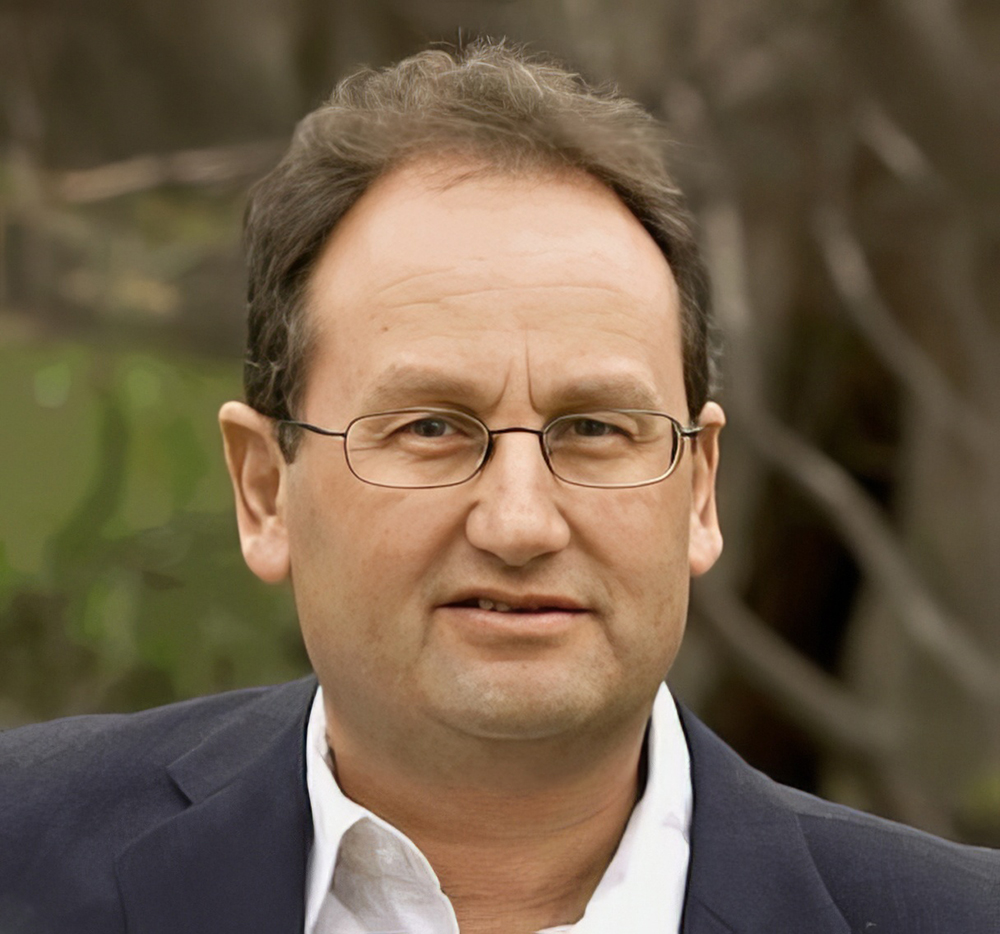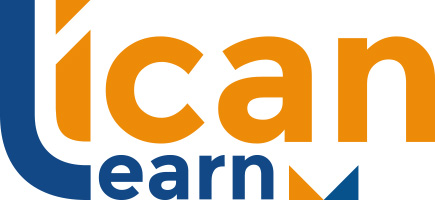
Tony Heselev
Meet Tony Heselev, a seasoned journalist who stepped out of the newsroom and into financial counselling. Tony tells us why he switched careers and shares his experience of studying the Diploma of Financial Counselling with ICAN Learn
Welcome Tony! What made you decide to change careers and study financial counselling?
I had completed a career in journalism and had retired. I spoke to a bright friend with a background in corporate finance who wanted to find a more human, helping role.
I suggested financial counselling but the more I talked about it with her, the more I realised that it was right for me! The diploma was a necessary first step.
Tell us a bit about the challenges in terms of study and then getting into a new profession?
I was surprised by the quantity of assessments and how easy it was to get behind. I quickly determined that it was best to work on the assessments straight after the weekly class.
Part of the course is a 220-hour placement and I was very lucky to be able to work at Banyule Community Health with a great supervisor, Cathy McKenzie, and another brilliant financial counsellor, Dean Oakley. The placement has given me an excellent platform for a second career.
How have your financial counselling studies sparked new career opportunities for you?
We’ll soon find out! As everyone knows, funding is an issue in the sector, and despite the crying need for financial counsellors, there aren’t many jobs around at the moment.
What has been the most enjoyable part of completing your Diploma of Financial Counselling with ICAN Learn?
Probably getting to know my classmates – who will all make great financial counsellors – and hearing their stories about their placements, and from their careers. One of the best things about financial counsellors is that they come from a range of backgrounds and bring different experience and perspectives to the role. Of course, our teachers also provided brilliant insights from their careers as financial counsellors.
What is the best thing about getting your Diploma of Financial Counselling?
It sets me up for a career in financial counselling. It will enable me to help clients in need, work to solve tricky problems for them and continue learning about how financial and other community services work.
If you could say one thing to people wanting to become a financial counsellor, what would it be?
Financial counsellors are highly valuable in the community and their impact is understated. They are modest people who get enormous satisfaction helping clients.
Is there anything else you’d like to share?
I’ve suggested the diploma include more information about managing family violence and emergencies (eg how financial counsellors can help victims of bushfires and floods). The course does cover mental health issues extensively and this is very important because it seems to be a growing cause of financial problems in the community. To me, these are the three issues that are changing the nature of financial counselling and challenging us in new ways.
For students beginning the course, don’t wait long to seek a placement; they’re hard to come by. And make sure you join FCVic (or the financial counselling peak body in your state) and attend their annual conferences. Financial counsellors, creditors, utilities, AFCA and other sector participants gather at the conference and are happy to share their insights and answer questions, and the presentations from other financial counsellors about their work are inspiring.
To find out more about studying with ICAN Learn visit https://icanlearn.edu.au/
Or contact us to find out how we can help with your training needs here administration@icanlearn.edu.au


